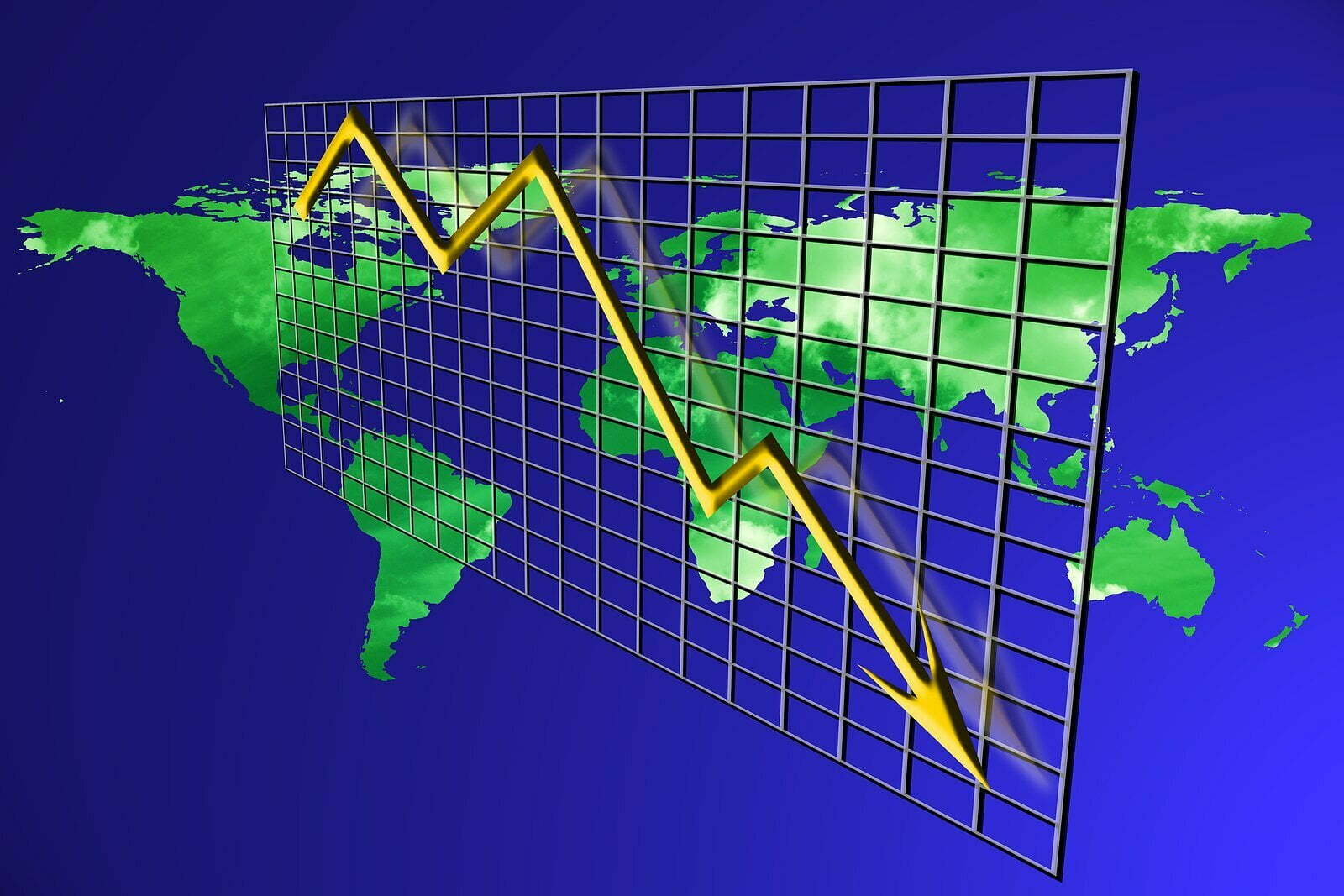11/07/2011 By Dr. Harald Malmgren
For most of 2011 world economic growth has been slowing. Deceleration of the rate of economic growth was recently evident in weakening manufacturing growth and increasing inventories in many advanced economies.
What has been less well recognized is that the rate of growth of world trade has also been slowing significantly this year.
Over the last six decades many nations were able to boost their rates of economic growth by increasing their reliance on exports, thereby escaping from the slow pace of low income- low consumption, domestically driven growth. Even some of the most advanced economies, particularly Japan and Germany, successfully boosted national economic performance through exports. Facilitated by spreading liberalization of trade and capital flows after WWII, world trade in most years grew almost twice as fast as world production. World trade became the “express train” to higher standards of living. That express train was interrupted only a few times, and very briefly, during low points in business cycles.
When Lehman collapsed in September 2008, world trade finance collapsed, putting the brakes on world commerce. In subsequent months, global demand shrank and trade continued declining. Thus began the longest, deepest contraction in world trade since the 1930s. Trade began to recover during 2010, as governments and central banks propped up their economies with fiscal stimulus and extraordinary monetary actions.
Nonetheless, by the start of 2011 world trade barely reached the peak level (measured in value or volume) that had been experienced in August 2008. As 2011 progressed, most market analysts failed to recognize that the trade recovery of 2010 was flagging. By late summer, there was growing evidence that the positive “momentum” of world trade (most recent 3- month average rate of growth compared with the previous 3-month rate of growth) was turning negative once again. Put simply, alongside economic slowdown in many economies, trade has also been slowing, suggesting weakness in global demand.
President Obama articulated high hopes to “double US exports over the next five years,” as a key element in his plans to restore strong US economic growth. In a world of weak demand and weak growth in trade, the only way to “double US exports” would be to take market share away from other nations. This could, in theory, be accomplished by dollar weakening or by openly mercantilist trade policies, or some combination of both, but this would run counter to all of the efforts of previous Administrations of both parties since 1934 (the Reciprocal Trade Agreements Act of 1934, fathered by Cordell Hull).
In setting forth this export expansion objective in the current context of weakness in the global economy, President Obama must have been unaware, or perhaps ill-advised, that he was turning US international economic policy on its head. He might have found tacit support in this endeavor from Fed Chairman Bernanke, who seemed to see one of the benefits of quantitative easing as a weaker dollar, without recognizing that US exports could not grow unless that growth would be at the expense of other nations.
It is in this context of global slowdown that weakness in economic growth and continuing high unemployment the US should be assessed. It is also in this context that evident slowing of the UK and Eurozone economies should be seen. Had the G20 adequately recognized in early November the current deceleration of global growth, they might have spent much less time focused on possible aid to a floundering Eurozone and more time on collaborative efforts to restore world growth and economic confidence.
As for the Eurozone, politicians who seem unaware of the global slowdown or weakening demand for Eurozone exports are deciding current fiscal and monetary policies. A working assumption among policy makers still seems to be that the German economic powerhouse will continue to pull the rest of the Eurozone, and that Germany could be able to “sign the checks” for support of Eurozone neighbors if they slide into recession.
Unfortunately, German domestic voters seem set against further bailouts for the Euro neighbors. However, even if German leaders were willing to defy their voters, the German economy is also showing signs of distress. German industry seems to be slipping into the same downturn afflicting the rest of the world, as the latest manufacturing data reveal three consecutive months of German industrial contraction through the end of October. Worse, European policy makers seem incapable of recognizing that fiscal austerity measures alone will not restore stability and growth, but instead will assure negative growth well into future years.
The Eurozone is likely to experience increased social unrest in the prolonged period of slow growth or no growth and rising unemployment, which lies ahead. The cohesiveness of the Eurozone member governments will be sorely tested, and the probability is high that some of the member nations will decide to separate and go it alone. Euro governments will be unable to sustain significant spending on military capabilities, and security budgets will increasingly give priority to managing or coping with domestic unrest. NATO will likely deteriorate into a conference center where Europeans can remain informed about global security challenges without direct participation.
The slowdown in world economic growth and world trade will also impose even more severe budget limitations on governments throughout the rest of the world. The US will not be alone in cutting spending on military capabilities. Even China will likely suffer from economic slowdown and rising domestic unrest, limiting China’s ability to sustain high expenditures on strengthening its military reach beyond its own neighborhood.
Increasing challenges will be posed to all governments in the form of localized conflicts, fragmented governments, and diverse, tribal insurrections that may significantly alter the framework of security threats to which they were accustomed in the past. After decades of public experience of rising wealth and enhanced quality of life, disappointment and political dissatisfaction may often replace the rising expectations that long kept citizens pacified or submissive


